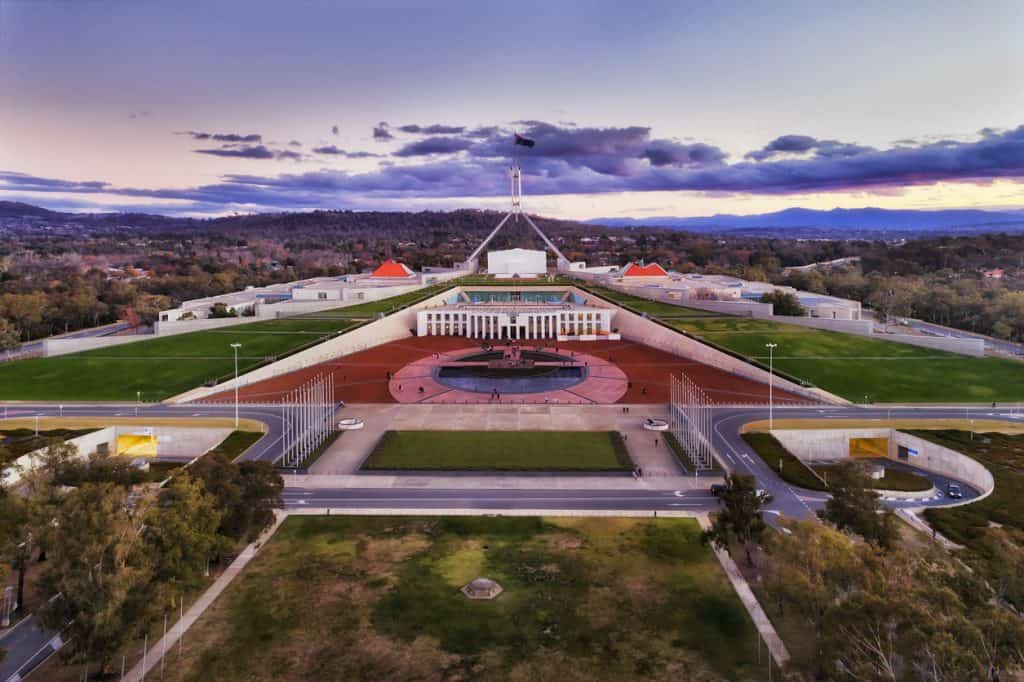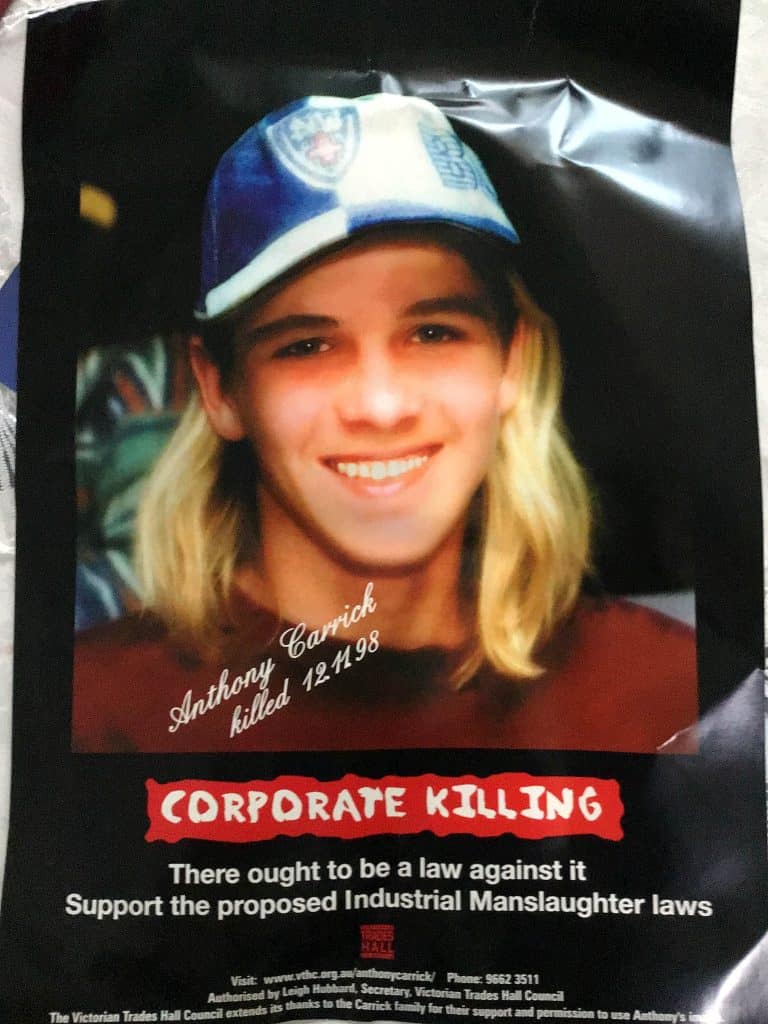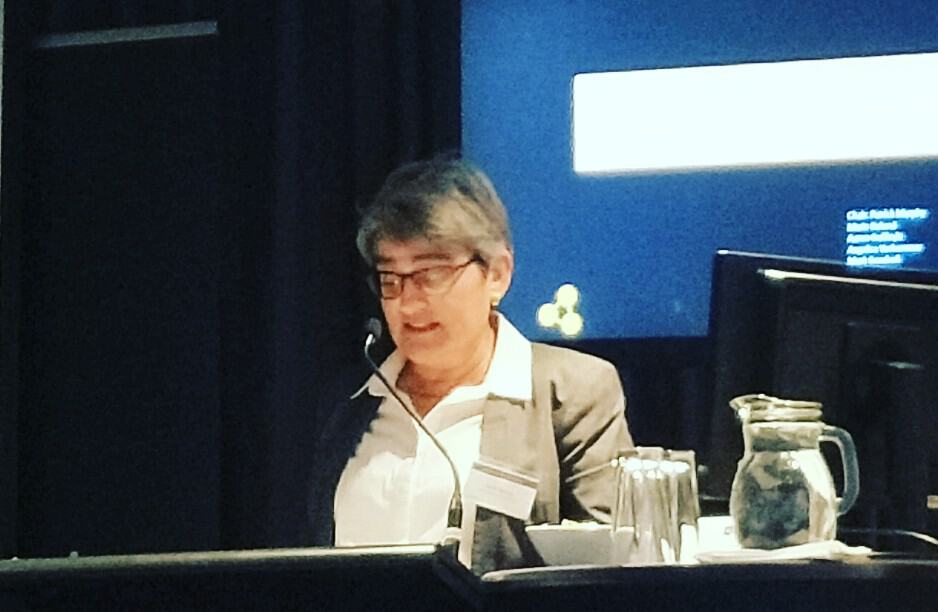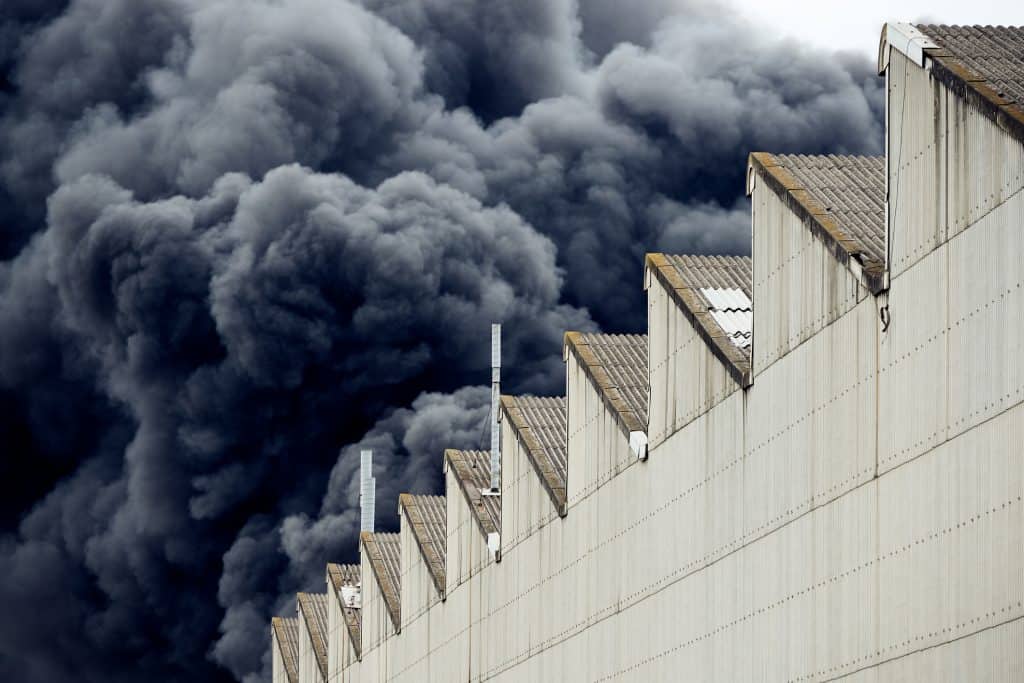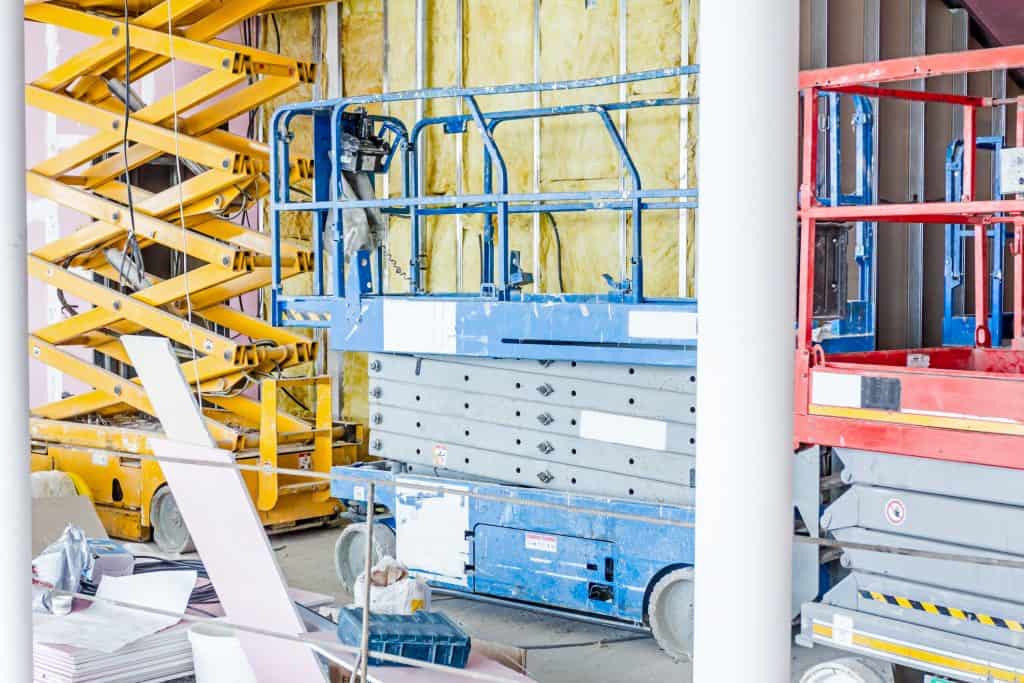
Recently Jan Carrick spoke with SafetyAtWorkBlog about how her life changed after the death of her son Anthony, who was on the first day of his new job sweeping floors. Jan was responding to a series of questions put to her and others. One of those others was Andrea Madeley.
Andrea Madeley has been an outspoken advocate for changes in occupational health and safety (OHS) laws since her son died in a workplace incident in 2004. In response Madeley established the influential advocacy group VOID – Voice of Industrial Death. Madeley has recently qualified as a Solicitor.
SafetyAtWorkBlog wanted to tap into the wisdom of those who have already experienced the death of a loved one at work and who has gone through all the related court processes, in the hope that this will provide an important perspective to those around Australia who are in the early stages of similar tragic experiences.
Below are Andrea’s responses to SafetyAtWorkBlog’s questions.

